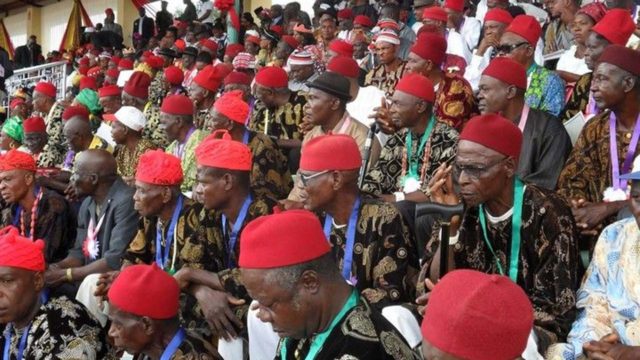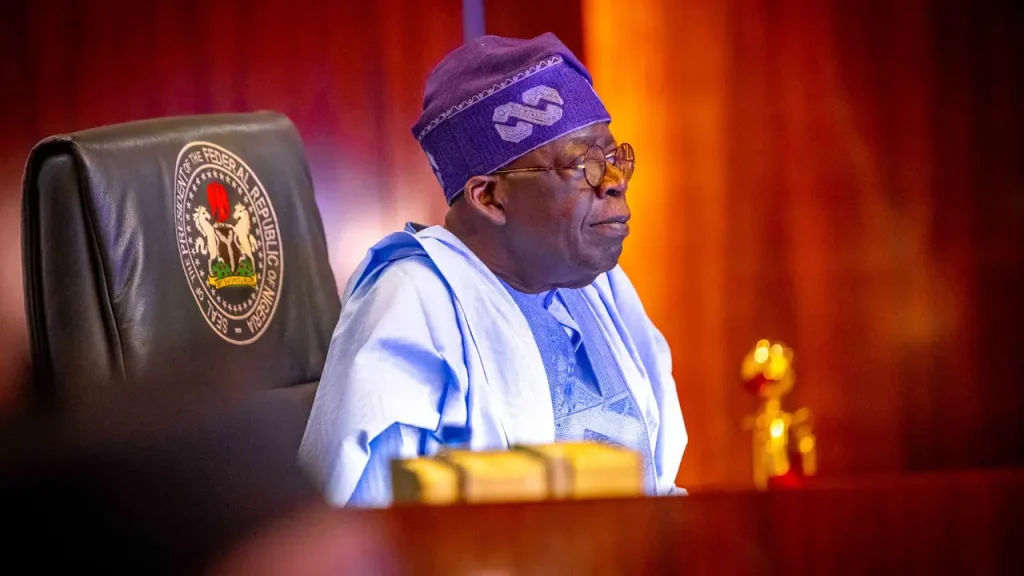In a recent interview with BBC Radio Capital Xtra, Omah Lay, the renowned singer from Port Harcourt, opened up about a rarely discussed topic: regret. Despite embracing the majority of his life choices, the singer, born Stanley Omah Didia, candidly expressed his remorse over one specific aspect of his past – his former relationship with a lady named Bright.
Embracing his journey from adolescence to adulthood, Omah Lay commended his younger self, acknowledging the arduous path that led him to his current stature. With pride, the 26-year-old artist affirmed his contentment with the decisions that shaped his trajectory, highlighting the enduring dedication that fuels his present achievements.
Conversely, amidst a chorus of affirmation, one rueful note stood out. The singer confidently declared, “I don’t think there is anything that I would have changed. Oh! I think one particular babe, her name is Bright. I would’ve dodged that babe. But it’s fine.”
This candid revelation provides a rare glimpse into the personal sentiments of a public figure, emphasizing the universal nature of remorse and the resilience it cultivates. Omah Lay’s introspective disclosure resonates with the ebb and flow of human relationships, reverberating with readers far and wide.
As Omah Lay embraces his candor, his sentiment serves as a mirror to our own vulnerabilities and the poignancy of hindsight. His revelation encapsulates the dual essence of regret – a poignant reminder of the intricacies of human connection and the indomitable spirit that propels us forward.
The evocative honesty articulated by Omah Lay serves as a universal touchstone, bridging the gap between Nigerian introspection and the commonality of human experience. His introspective wisdom shines a light on the delicate dance of regret and resilience, captivating audiences with its candid universality.
In essence, Omah Lay’s contemplation serves as a reminder – a reminder that amidst the symphony of life’s decisions, our individual narratives are shaped by both pride and remorse. Each choice, each relationship, bears the potential to sculpt our identities, underscoring the inexorable truth that our journeys are not devoid of missteps, yet they remain steadfast in their capacity to define and fortify us.



